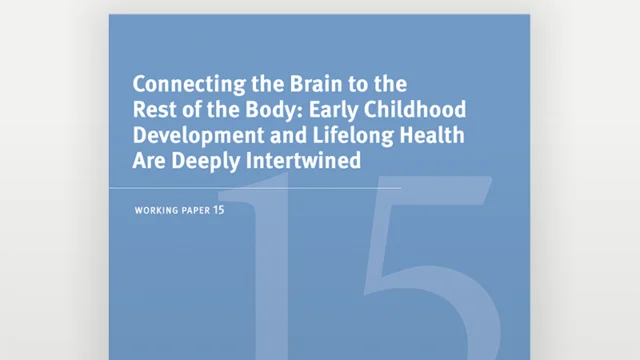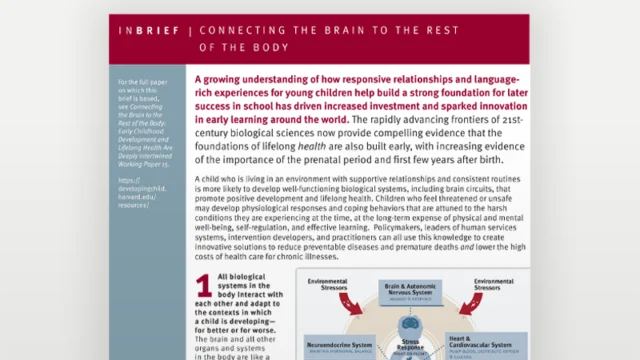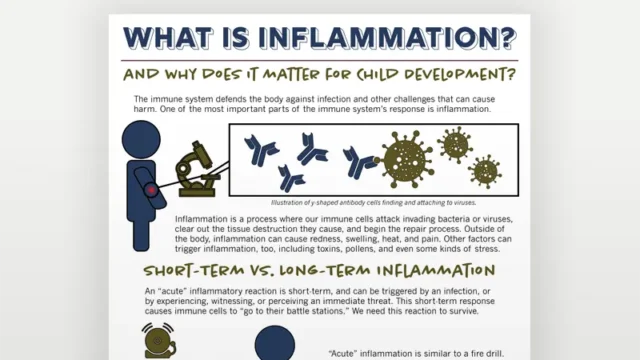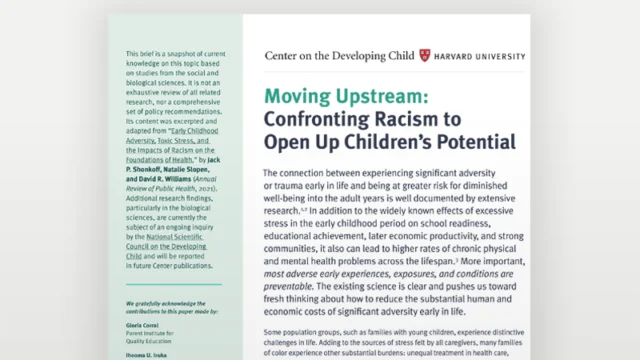A Guide to Lifelong Health and Well-being
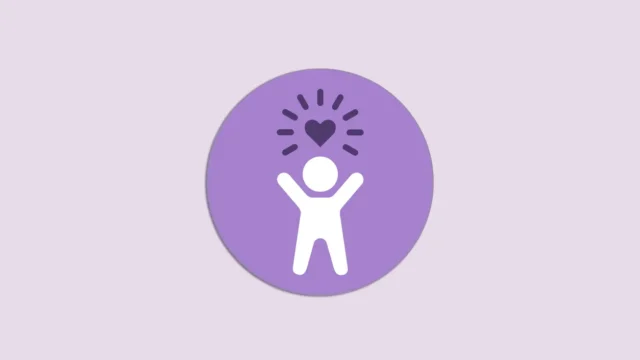
We have long known that positive early experiences lay the foundation for strong brain architecture, supporting a range of skills and learning capacities throughout life. Increasingly, science points toward a much broader picture, revealing that health in the earliest years—beginning with the preconception health of a child’s biological parents and, surprisingly, even earlier—shapes the development of many interconnected biological systems with lifelong implications. Early experiences also create biological “memories” in the body that shape development, meaning that physiological disruptions in early childhood can persist into adulthood, leading to lifelong physical and mental health challenges.
When children experience significant adversity—such as poverty, systemic racism, or neglect—it can affect the developing brain and stress response systems, as well as many other systems in the body. Policies and systems across all sectors that impact young children and their caregivers can support early development and lifelong health and well-being. This includes not only the early childhood field but also sectors ranging from housing to urban planning to climate resilience. Explore the resources in this guide to learn more.
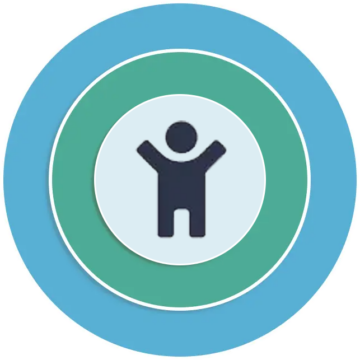 Developmental Environments
Developmental Environments
